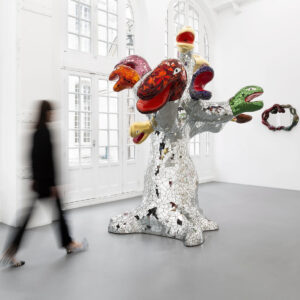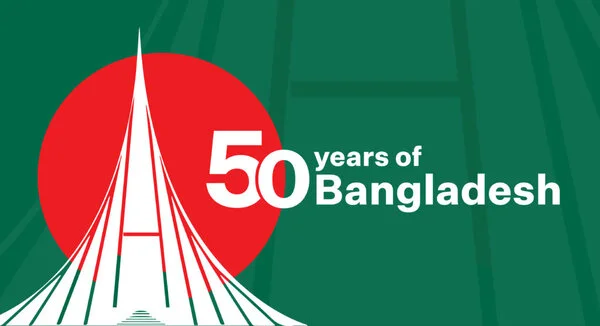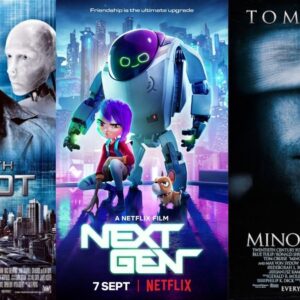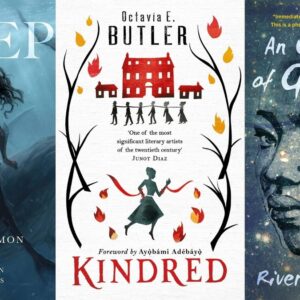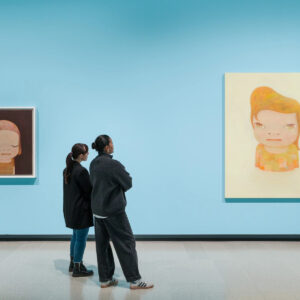Since its independence in 1971, Bangladesh has come a long way. The chronicle of the 50-years-long journey is dotted with achievements—as well as numerous failures. Both things are thrown their way by both nature and humans as well.
The vision of Bangabandhu
Bangabandhu represents his vision for Bangladesh before his epic declaration of 7 March 1971.Many people have pondered on the distinction between the struggle for independence and the struggle for liberation. Bangabandhu was perhaps clearer in his mind about the distinction. In the course of building a nation-state Bangabandhu projected his vision for realizing amader muktir sangram through the four foundational pillars incorporated in the Bangladesh constitution, presented to the nation within a year of our national liberation; Democracy, Nationalism, Secularism, Socialism. Within his short life span, he had created the structure of a fully functional nation-state. But all his achievements remained a work in progress.
Promises have kept
After liberation, Bangladesh was far behind Pakistan in most areas of the macro-economy. It had experienced levels of poverty and lower levels of human development in areas like education and healthcare. In the next fifty years, Bangladesh has moved well ahead. Higher rates of growth have moved Bangladesh’s per capita income, which was 61% below that of Pakistan in 1972, to exceed Pakistan’s PCI in 2020 by 62%.
Today, Bangladesh’s foreign exchange reserves are more than double those of Pakistan while its external debt/GDP ratio is half. Bangladesh’s infrastructure development has also moved ahead in areas like power generation where our capacity, which rapidly expanded in the last 10 years, is nearly double that of Pakistan.
Today the GDP contribution of industry exceeds that of agriculture; more than 50% of household income derives from non-farm sources. These remarkable changes in the economy have been driven by the emergence of a dynamic entrepreneurial class which is represented not just by the RMG entrepreneurs and corporate business houses but extends across a much broader social spectrum.
Promise to keep
50 years passed but still, the minority of this country is still getting attacked by extremists. The people of all fronts of Bangladesh, Hindu, Muslim, Christian, Buddhist, non-Muslim, all fight together for liberation. But sadly, now in the liberal country, the minorities are getting attacked for their religion.
Meanwhile, Bangladesh’s economy has registered impressive growth and poverty has been reduced. But income inequalities and social disparities have widened. This represents an unjust distribution of the gains from our development and an inadequate recognition.
Economic and social injustice, originating in state actions, are compounded by the depreciation in the quality of our democracy. It is manifested in the weakening credibility of our electoral process. The erosion in the freedom of the media, unfair access to public services, and inequitable protection under the rule of law as well as from law enforcement.


